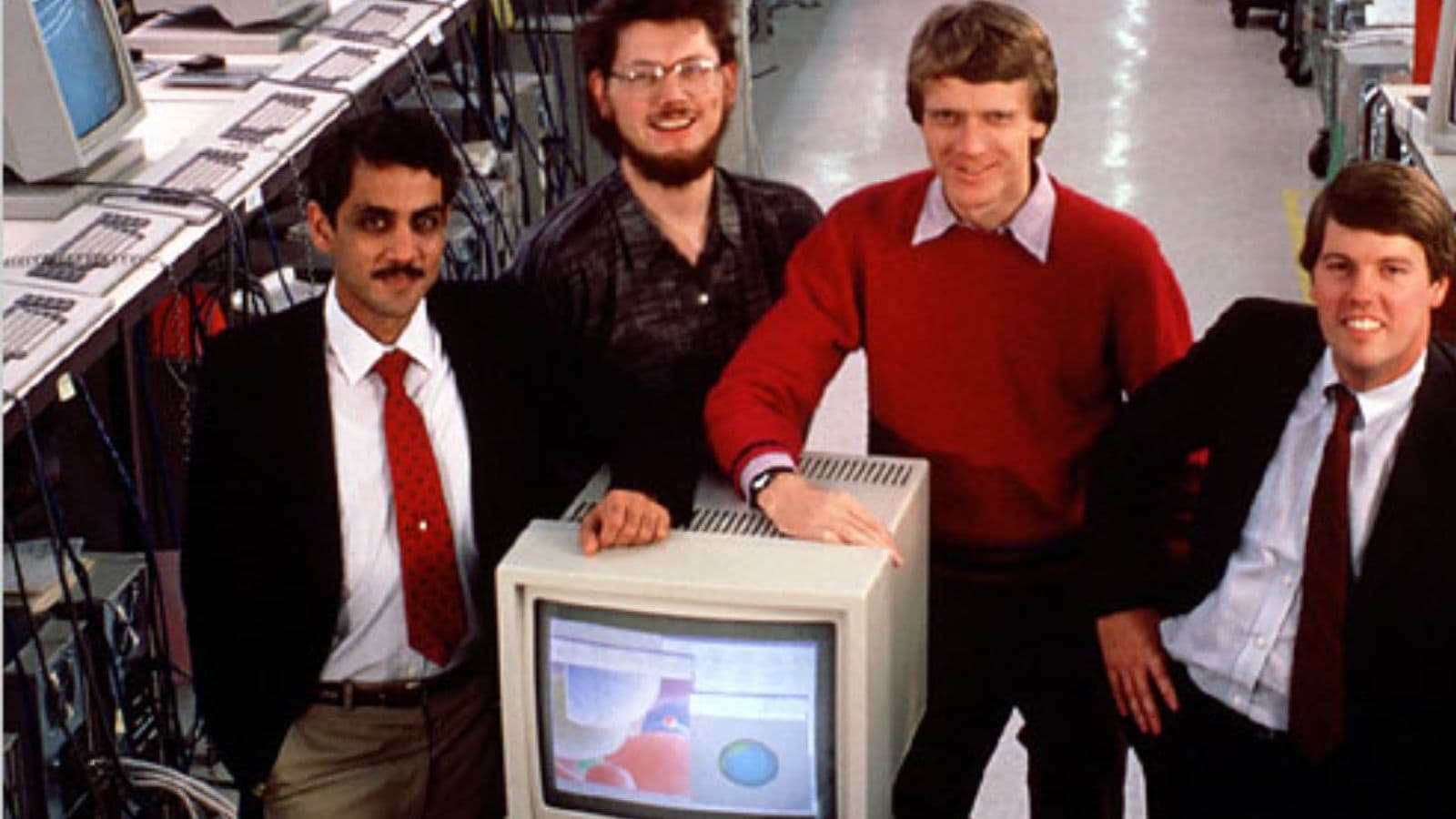By Ayush Atul Mishra
The advent of COVID-19 has disrupted various industries, including healthcare. To meet evolving customer expectations, the healthcare industry has embraced technological innovation, exploring the potential of new-age technology. Businesses in healthcare that have seized these opportunities have reaped significant benefits from AI, improving everyday processes. AI applications have not only facilitated faster data-driven decision-making through cognitive technology but have also enhanced diagnostic accuracy with diagnostic tools. The combination of AI and healthcare has ushered in a new era of medical intervention, with telemedicine at the forefront.
On one hand, telemedicine enhances organizational effectiveness, medical care quality, and healthcare access. On the other hand, artificial intelligence (AI) has the potential to enhance and expand telemedicine’s capabilities, enabling the development of personalized solutions for unique needs. Both can assist doctors in providing better medical care to their patients. Consequently, the introduction of AI in telemedicine holds enormous promise for healthcare providers, simplifying diagnostic and therapeutic decision-making procedures and improving disease screening and diagnosis, specificity, customization, and reducing the need for in-person patient visits.
Artificial Intelligence: Enhancing Diagnostics and Treatment Decisions
Enhanced Diagnostic Tools: One of AI’s significant contributions to telemedicine is its ability to refine diagnostic precision and speed. AI technology assists practitioners in diagnosing patients by analyzing symptoms and suggesting personalized treatment with astonishing precision, leveraging tools like X-rays, CT scans, and MRIs. For instance, sophisticated deep learning algorithms expedite the identification of anomalies in radiological images, helping physicians swiftly detect conditions like tumors, fractures, or infections, accelerating diagnosis while reducing the potential for human error.
Facilitating Treatment Decisions: There is no denying the fact that AI’s impact extends beyond diagnostics; it plays a pivotal role in facilitating treatment decisions. AI algorithms analyze vast amounts of patient data, aiding medical professionals in diagnosing complex illnesses and enabling more accurate and timely judgments about a patient’s health, reducing the risk of misdiagnosis and medical errors. Furthermore, AI can remotely monitor patients by continuously gathering data from wearable devices and sensors. This real-time data stream allows healthcare providers to adjust treatment strategies quickly, ensuring optimal care for chronic illnesses such as diabetes or hypertension. Remote monitoring also eases the burden on healthcare institutions, making healthcare more accessible to patients.
Intelligent Retrieval: Boon or Bane!
Today, the use of AI in healthcare is no longer in its infancy and is poised for significant growth. According to a report by Markets and Markets, AI in the healthcare market is expected to grow from $14.6 billion in 2023 to $102.7 billion by 2028. The future of AI in telemedicine holds immense potential, with the healthcare industry anticipating more precise diagnoses, faster drug development, and improved patient outcomes. The integration of AI and telemedicine is a transformational force reshaping healthcare, paving the way for a healthier and more connected world with enhanced accessibility, accurate diagnoses, and personalized care. Incorporating artificial intelligence (AI) into telemedicine empowers healthcare professionals to deliver comprehensive and efficient patient care, irrespective of geographical boundaries.
The author is founder, CEO,Tattvan E Clinics







